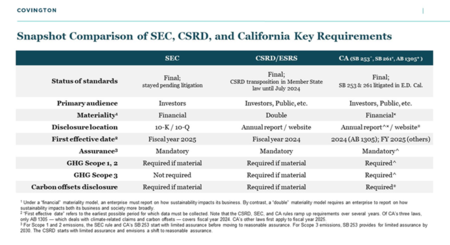The McGowan Government is moving ahead with major planning reforms as the new pathway to assess significant development approvals officially opens and proposed changes to the R-Codes are released for consultation.
The Planning and Development Amendment Act 2020 recently passed by Parliament was given Royal Assent earlier this week, amending the existing legislation, with new provisions to cut red tape and support job-creating projects.
Under the new laws, applicants seeking approval for development proposals valued over $20 million in metropolitan Perth, or over $5 million in regional areas, can opt to have their proposal determined by the Western Australian Planning Commission.
Significant developments can include large scale, mixed-use developments incorporating apartments, shops and offices, new shopping centres or plans to expand current centres, or tourism or regional projects that represent broad ranging benefits for the State.
The pathway is a temporary measure for job-creating projects that can support the State’s economic recovery from the COVID-19 pandemic. Applicants wishing to access the new assessment pathway are encouraged to visit https://www.dplh.wa.gov.au/sdau
The amended Act includes a number of additional reform measures to provide more flexibility for small businesses, cut red tape and simplify the planning system across State and local government.
Public consultation also opened today on revisions to the R-Codes state planning policy to expedite approvals for single houses, multiple and grouped dwellings, and smaller structures such as patios, carports, decks and sheds.
R-Codes are a set of density and design standards that apply to all residential development in WA and specify what can be built, and where. The proposed new policy is consistent with the State Government’s Planning Reform red tape reduction strategy.
For new homes or home extensions that currently require planning and building approvals, the revised R-Codes propose to allow local governments to deem more of these applications compliant, allowing applicants to proceed straight to building permit.
Submissions on the new R-Codes policy can be made at https://consultation.dplh.wa.gov.au until September 10, 2020.
The McGowan Government is prioritising amendments to the Planning & Development (Local Planning Schemes) Regulations 2015 which will provide further support for small business to be in place by the end of this year. Consultation with local government is currently underway.
As stated by Planning Minister Rita Saffioti:
“We are taking every opportunity we can to get people back to work and support Western Australia’s economic recovery post COVID-19 – and our planning reforms will play a big role in this.
“From today, our significant development proposal pathway is open for business. This is a temporary measure that will streamline high-quality significant development proposals that can create jobs and generate investment in the State.
“We are inviting applications for major developments that are well designed, well-funded and are shovel ready, to support our economic growth now and into the future.
“Today, we also opened public consultation on our proposed changes to the R-Codes designed to cut red tape for future and current homeowners.
“The housing industry and home renovation sector are major employers in Western Australia and any measures to introduce more efficient approvals and expedite development will deliver significant benefits across the community.
“Cutting red tape and streamlining planning processes will reduce application costs for homeowners and alleviate the administrative and regulatory burden on local governments, saving time and money and providing extra capacity to support more strategic local planning.”








